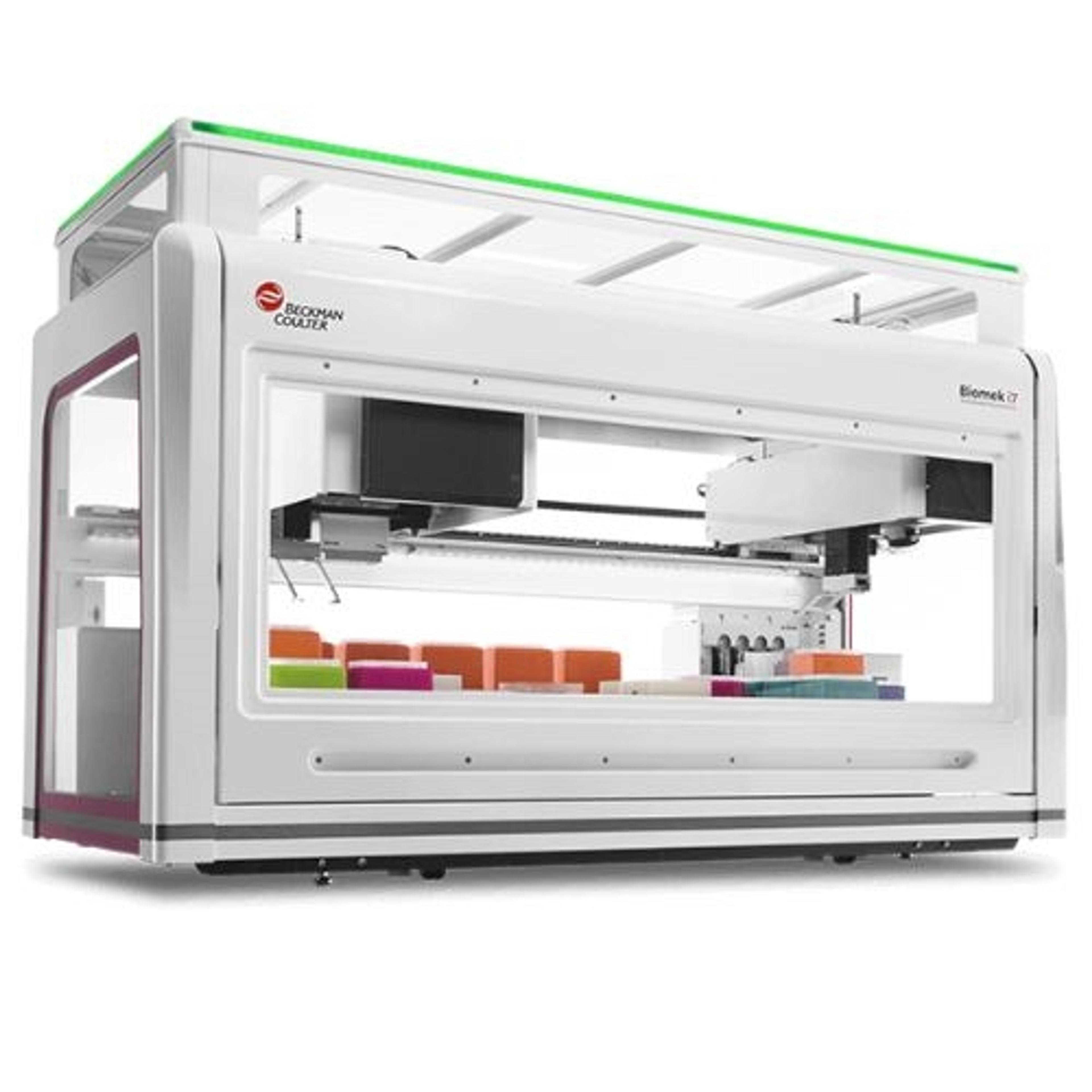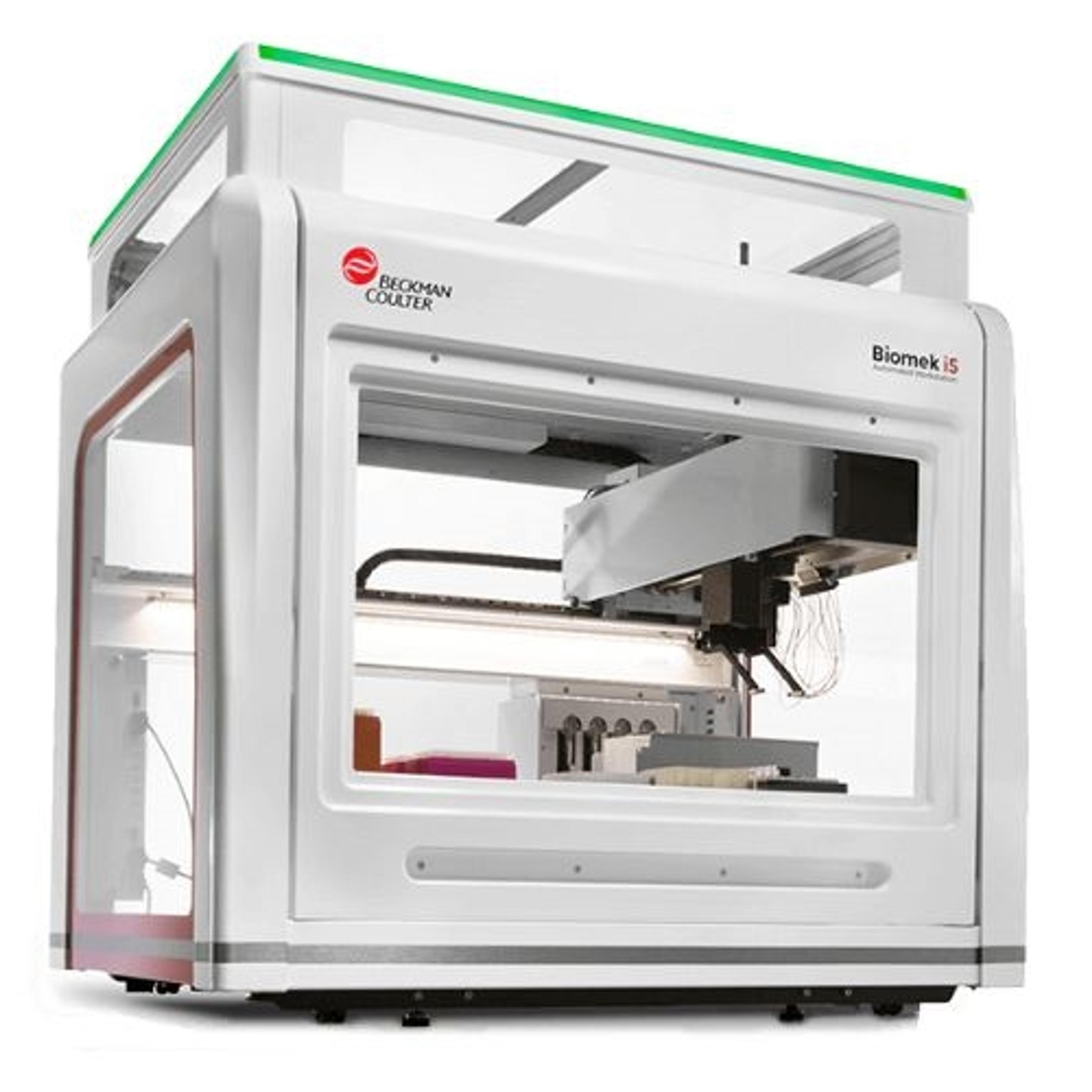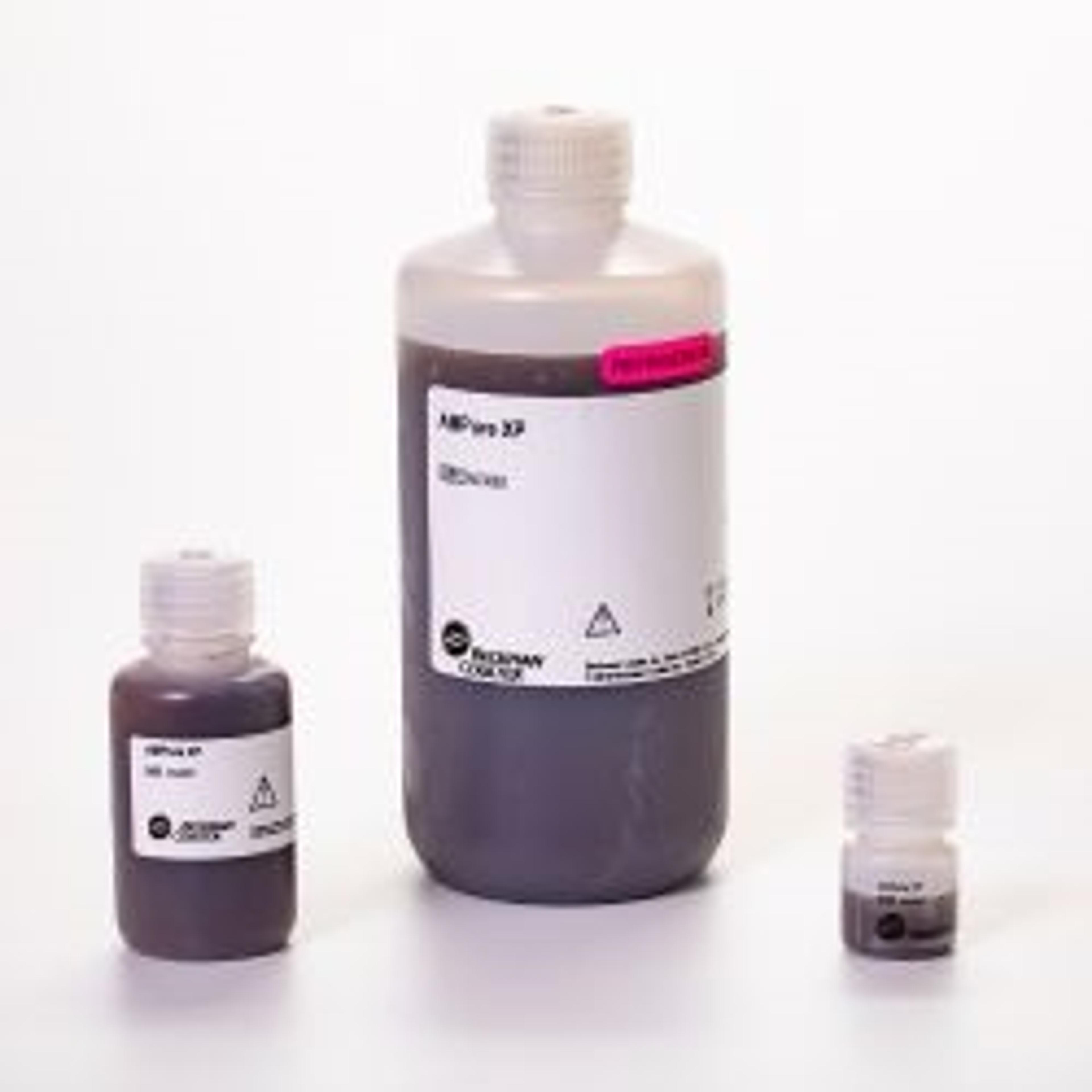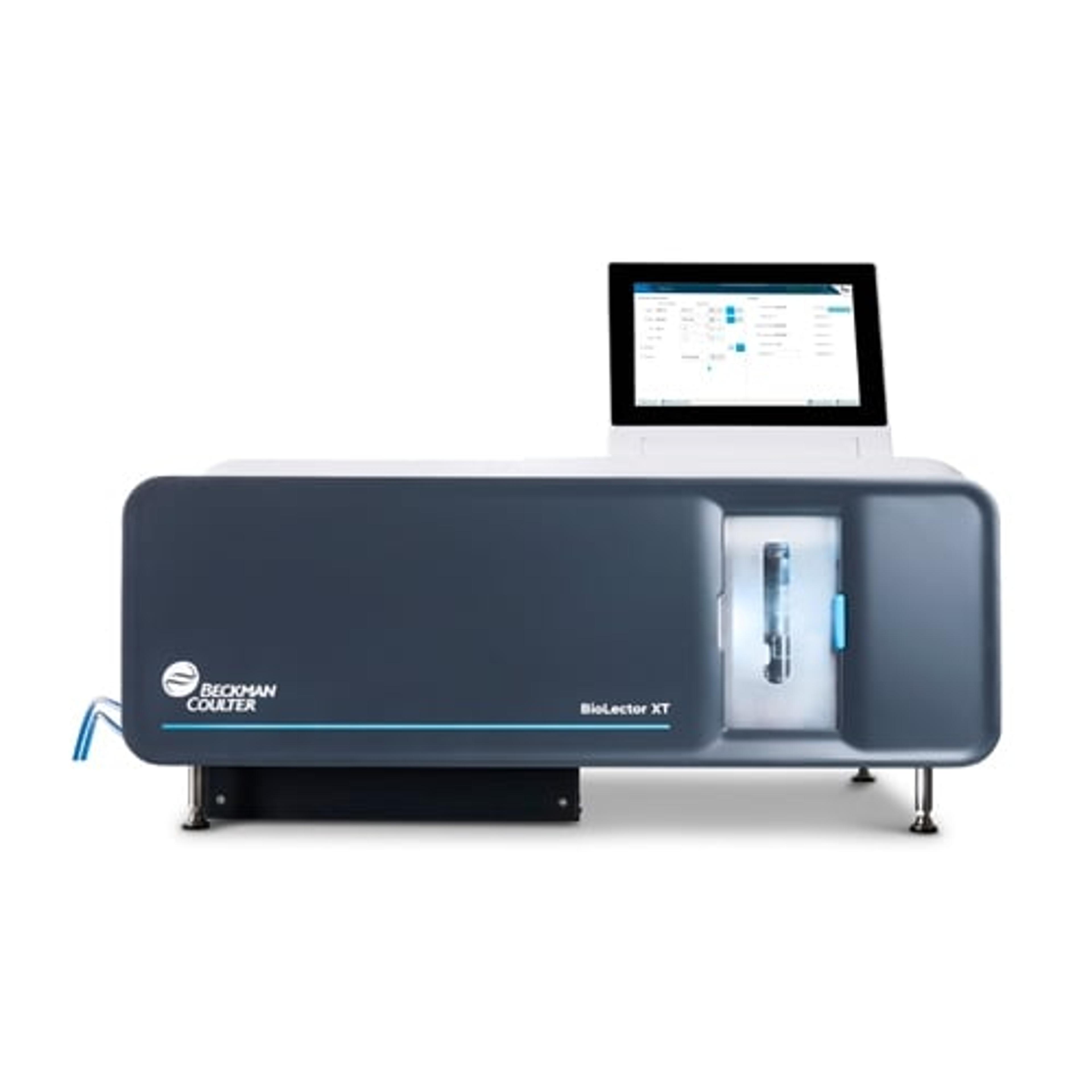Supercharging synthetic biology for a sustainable future
Discover how Beckman Coulter Life Sciences is advancing synthetic biology research to tackle the challenges of our growing population
23 Aug 2024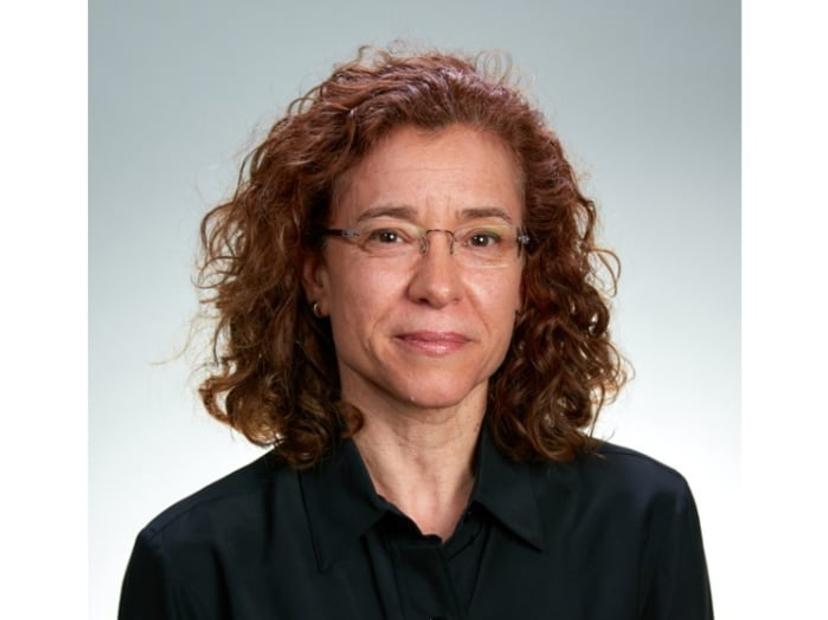
The world population is expected to reach almost 10 billion by 2050 and over 11 billion by 21001. With the surge in population, numerous challenges arise, such as how do we sustainably feed everyone, and where will suitable living spaces be found? Synthetic biology may provide a means by which we can support our growing population while helping industries to achieve net-zero goals and address sustainability challenges.
But what is synthetic biology? “Simply put, synthetic biology is a field that combines engineering principles with biotechnology techniques like DNA sequencing and genome editing to modify organisms or create completely new ones,” says Maria Savino, Global Segment Development Manager for Biomanufacturing at Beckman Coulter Life Sciences. The benefits of synthetic biology are already visible in the progress it has facilitated in fields from biocomputing to diagnostics and biofuel production.
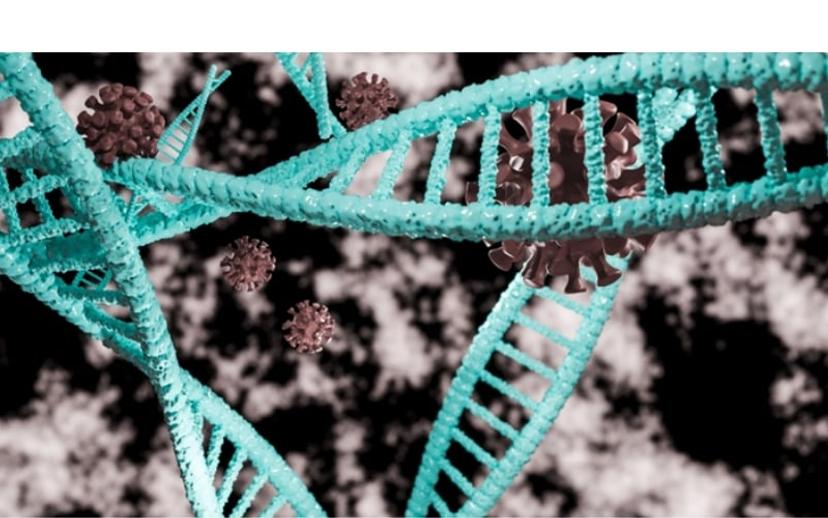
“Synthetic biology represents a means to produce organisms that can help mankind in our race against time,” Savino explains. “But researchers in this space often face challenges such as optimizing gene expression and screening for the best-expressing strains. They also need to mitigate the risks and costs associated with scaling up their processes. In fact, much of synthetic biology involves optimizing variables, which is time-consuming and error prone. Beckman Coulter Life Sciences is working to build the knowledge and tools needed to bring workflow solutions to synthetic biology and associated manufacturing spaces.”
Synthetic biology represents a means to produce organisms that can help mankind in our race against time.
Maria Savino Global Segment Development Manager for Biomanufacturing at Beckman Coulter Life Sciences
A portfolio for success
“We offer a range of products and services tailored to support synthetic biology research by accelerating workflows,” Savino says. “The overall aim is to help teams to construct and test genetically reprogrammed organisms (including yeast, bacteria, and algae) more quickly, which reduces the hands-on time while increasing the accuracy and reproducibility of results.” Key offerings include the Echo 525 Acoustic Liquid Handler and Biomek i-Series automation platforms.
"The Echo 525 Acoustic Liquid Handler automates and miniaturizes the distribution of plasmid fragments and ligation reaction agents,” Savino explains. “It works at a nanoliter scale and can dispense from any well into any well, which facilitates gene assembly through the combined dispensing of genetic material and enzymes – and assay miniaturization. The liquid handler also uses no tips, which cuts costs and reduces plastic waste.” The versatility of the Echo 525 Acoustic Liquid Handler not only enhances efficiency and enables flexible experimental designs, but also makes it a sustainable choice for laboratories aiming to reduce their environmental impact while pushing the boundaries of scientific discovery.
We offer a range of products and services tailored to support synthetic biology research by accelerating workflows.
Maria Savino Global Segment Development Manager for Biomanufacturing at Beckman Coulter Life Sciences
Biomek i-Series automation platforms are also designed to support strain development and cell culture maintenance. “The Biomek workstations are versatile, and their configurations can be changed with ease,” Savino says. “They offer extended walk-away operation, freeing up researchers to focus on other tasks, and can support fully automated sample-to-data workflows when combined with our extraction and clean-up chemistries.” For example, the AMPure XP PCR Purification system is automated on all Biomek platforms and provides standardized workflows for improved results and reduction in costly errors.
Application scientists are also available to adapt Beckman Coulter Life Sciences products to help solve customer’s specific workflow problems.
Savino also shared details about the BioLector XT Microbioreactor, which is used for high-throughput microbial strain screening. In her words, “The microbioreactor can run 48 parallel cultivations and spots the best-expressing strains by controlling parameters like temperature, humidification, and shaking while measuring the growth in real-time. Optimizing growth parameters at an early stage can help to avoid the risks and costs associated with scaling up processes.” Beckman Coulter Life Sciences also provides flow cytometry solutions to support microbial characterization and monoclonal strain generation.
Making a difference
Beckman Coulter Life Sciences has already made valuable contributions to synthetic biology. “We have accelerated crop development for agriculture using our high-throughput DNA extraction and next-generation genotyping platforms,” Savino explains. “Our technologies have also been used to optimize gene expression and clone characterization in drug development, and to facilitate efficient transfection and cell culture during biomanufacturing processes.”
The contributions of synthetic biology to biomanufacturing are apparent in its contributions to the development of COVID-19 vaccines just 66 days after the viral genome was published2.
Our technologies have also been used to optimize gene expression and clone characterization in drug development.
Maria Savino Global Segment Development Manager for Biomanufacturing at Beckman Coulter Life Sciences
The wider impact of synthetic biology is made obvious by an increasing recognition of the importance of biofoundries by governments around the world. These facilities provide integrated infrastructure to enable the rapid design, construction, and testing of genetically altered organisms for applications in biotechnology and research3. Many research institutions have established such centers in recent years4. “As biofoundries have popped up, so have start-ups focused on developing bio-based replacement products, including chemicals, construction materials, and medicines,” Savino says.
Synthetic innovations for a brighter future
Synthetic biology shows remarkable promise for producing commodities we cannot live without – and for the future of our species. The offerings provided by Beckman Coulter Life Sciences may help researchers to harness the full potential of this promising field. “We’ve made a commitment to supporting ongoing advancements in synthetic biology,” Savino explains. “Our experts are partnering with customers and organizations like iGEM (the International Genetically Engineered Machine competition) to adapt our products to the ever-changing needs of this rapidly evolving field. We also have a robust innovation pipeline to deliver new products that continue to solve the challenging needs of our customers and wider synthetic biology. The sustainability and efficiency of these products is a key focus to ensure that we can support valuable contributions to the future of our planet without adding to the problem.”
References
1. United Nations, Department of Economic and Social Affairs. World population projected to reach 9.8 billion in 2050, and 11.2 billion in 2100. Available at: https://www.un.org/en/desa/world-population-projected-reach-98-billion-2050-and-112-billion-2100 (Accessed March 2024).
2. Dolgin E. Synthetic biology speeds vaccine development. Nature portfolio (2020). Available at: https://www.nature.com/articles/d42859-020-00025-4#:~:text=Wanting%20to%20speed%20up%20the,in%20a%20matter%20of%20days (Accessed March 2024).
3. Congressional Research Service. Synthetic/Engineering Biology: Issues for Congress (2022). Available at: https://sgp.fas.org/crs/misc/R47265.pdf (Accessed March 2024).
4. Hillson N., Caddick M., Cai Y., et al. Building a global alliance of biofoundries. Nat Commun (2019).

